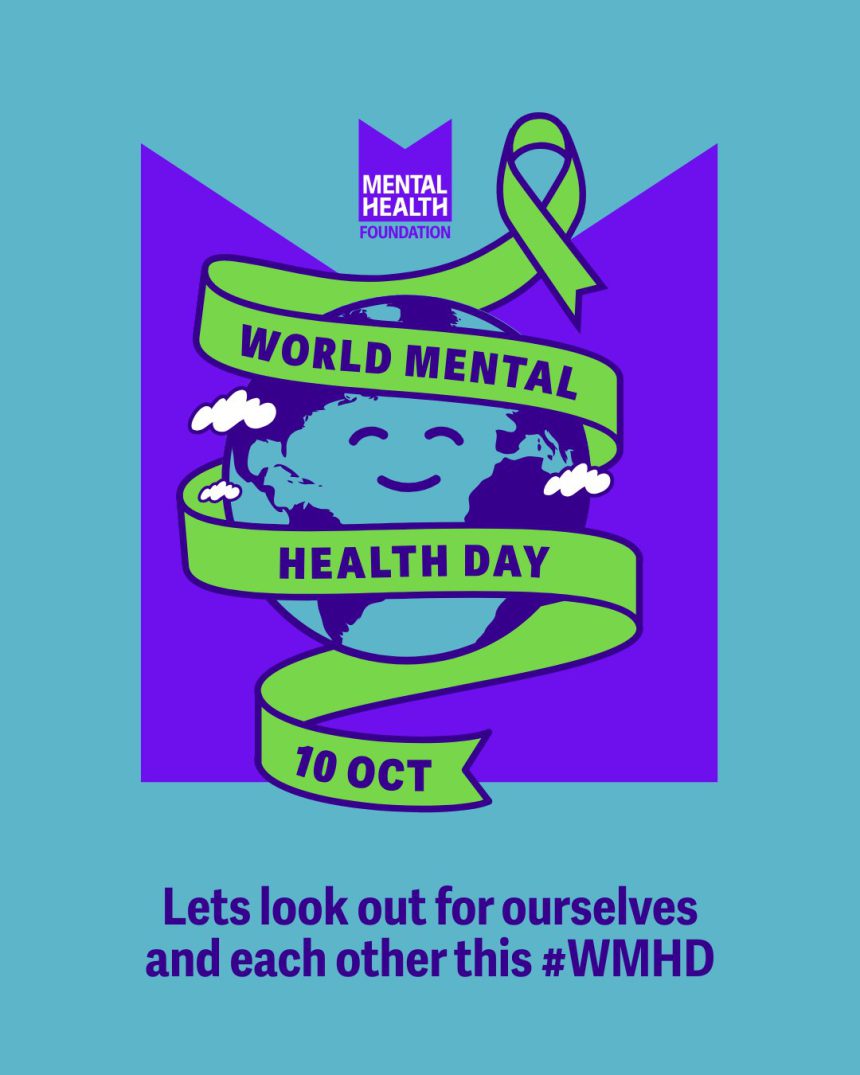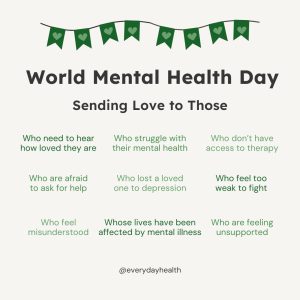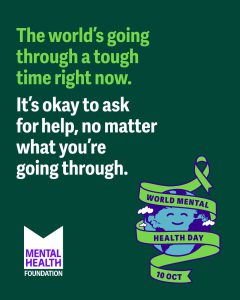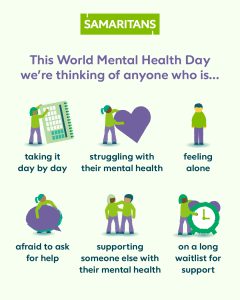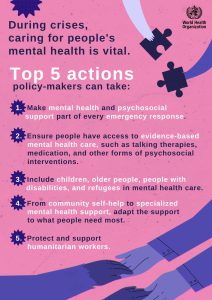Let’s Break the Silence: Mental Health and Everyday Nigerians
Mental health, once a hushed topic in Nigeria, is gradually emerging as a critical public health concern. With rising awareness and advocacy, the nation is beginning to confront the realities of emotional well-being, psychological disorders, and the urgent need for systemic reform.
The Scope of the Challenge
Globally, the World Health Organization estimates that one in four people will experience a mental health disorder at some point in their lives. In Nigeria, the situation is compounded by cultural stigma, limited access to care, and economic pressures.
According to a 2025 review published in the International Journal of Academic Research in Business, Arts and Science, stigma remains one of the most significant barriers to mental health treatment in Nigeria, often fueled by religious beliefs and societal misconceptions.
Fr. Peter Babangida Audu, Executive Secretary of Caritas Nigeria, recently emphasized that “mental health must come first if Nigerians are to live balanced and healthy lives,” noting that many Nigerians suffer psychological distress without recognizing it.
Policy and Reform
In 2023, Nigeria passed a long-awaited Mental Health Act aimed at improving access to care and protecting the rights of individuals with mental health conditions.
However, contradictions remain. For example, suicide attempts are still criminalized under Nigerian law, a policy that mental health advocates argue undermines the spirit of the new legislation. Abiodun Oguntola of Mentally Aware Nigeria Initiative warns that punitive measures against suicide survivors may increase the likelihood of fatal outcomes in future attempts.
Community and Workplace Impact
Mental health challenges are not confined to hospitals or therapy rooms—they affect homes, schools, and workplaces. A recent symposium by the Mental Health With Ditty Foundation revealed that toxic work environments, poor communication, and lack of emotional support are major contributors to employee burnout and reduced productivity.
Adedotun Esan, founder of the foundation, advocates for mental health first aid programs in offices, where trained staff can offer immediate psychological support.
“Culture, communication, and leadership directly shape employee well-being,” she noted.
Grassroots Movements and Campaigns
Encouragingly, grassroots initiatives are gaining momentum.
The REJUVENATE 2025 campaign, organized by Recharge Life Centre and Whole Women Community, is one of Nigeria’s largest mental health roadshows.
Targeting over 6,000 participants across multiple states, the campaign focuses on emotional resilience, youth empowerment, and women’s mental wellness.
Mrs. Ediri Ose-Ediale, Executive Director of Recharge Life Centre, describes the initiative as “a nationwide movement to restore hope, resilience, and emotional health in our communities”.
The Way Forward: Expanding Solutions to Nigeria’s Mental Health Crisis
Decriminalizing Suicide Attempts
Why It Matters:
Criminalizing suicide attempts not only punishes individuals in crisis but also deters them from seeking help. It reinforces stigma and fear, pushing vulnerable people further into isolation.
Case Insight:
While Nigeria’s Mental Health Act (2023) was a landmark reform, suicide remains a criminal offense under Section 327 of the Criminal Code.
Advocacy groups like Mentally Aware Nigeria Initiative (MANI) have campaigned vigorously to repeal this law.
Their community outreach and media campaigns have helped shift public opinion, encouraging more compassionate responses to suicide survivors.
Global Best Practice:
Countries like Ghana and Kenya have moved toward decriminalization, leading to increased reporting and access to care.
Nigeria can follow suit by aligning legal frameworks with its mental health policy.
Written By: Chukwunonso Innocent


